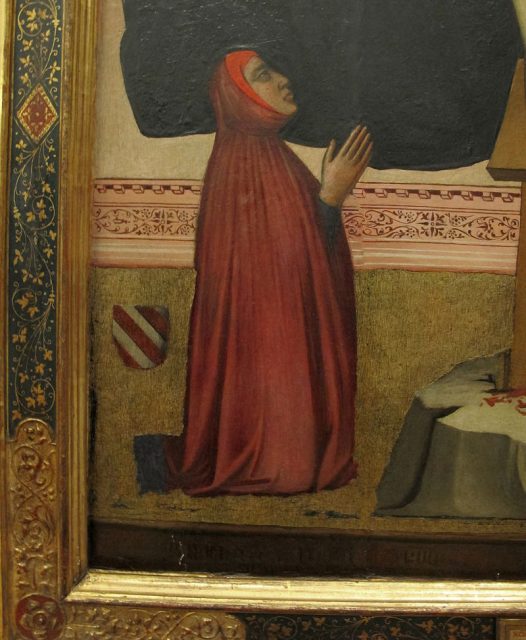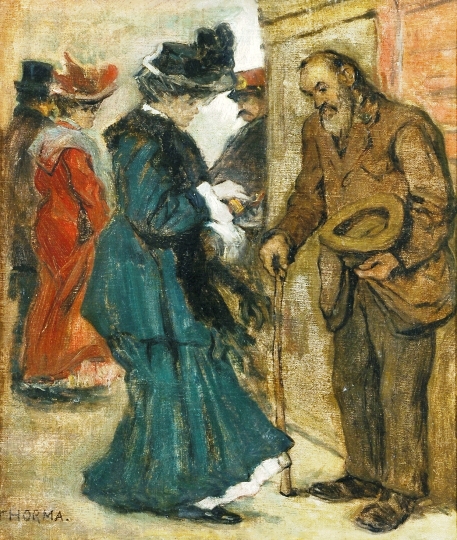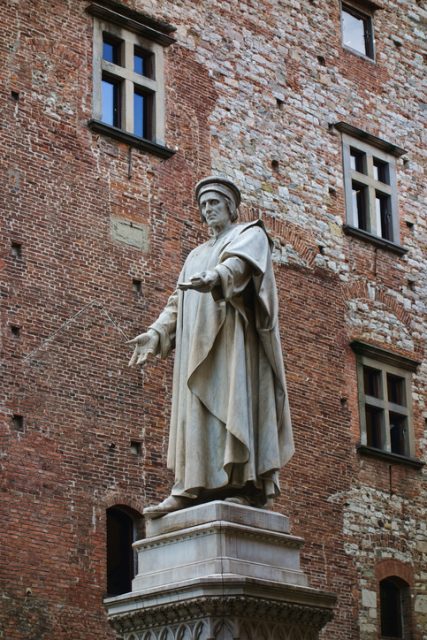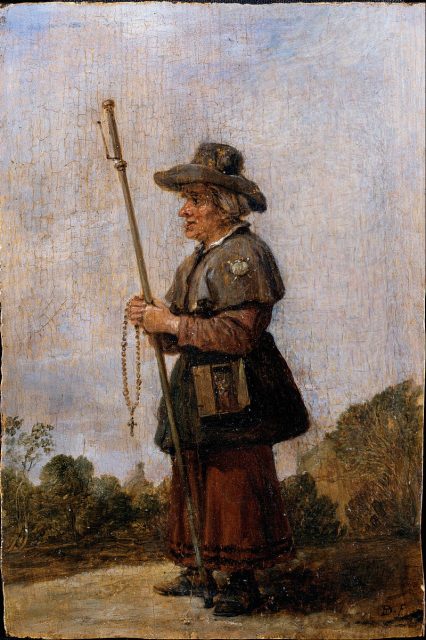In 1410, one of the most successful businessmen of Medieval Italy passed away. Francesco Datini, known today as the Merchant of Prato, bequeathed to the town of his birth his extensive written archives and all his worldly goods.
As reported over at Medium, the money was used for the benefit of the city and its poor, both lay and religious. The written archives were forgotten about until 1870 when they were rediscovered under the stairs during renovations of his old house.
The surviving documents contain over 200,000 written records, including letters and financial documents, which provide the most detailed account of medieval Italy to date.

The concept of giving alms, that is giving money to those in poverty, has its roots in the ancient religions. The New World Encyclopaedia explains that Judaism, Buddhism, Christianity and Islam all have written instructions in their religious texts about when to give, how much to give and to whom.
Generally, the wealthy were to give 10 percent (known as tithe) of their income to charitable causes, for feasts and temple upkeep. Buddhism differed slightly in that the alms could only be given to monks and could not be monetary in nature.

Alms giving, as seen in the three big monotheistic religions, can be considered as the forerunner to the modern concept of philanthropy. As noted by the New World Encyclopaedia, it encouraged the act of “redistributing wealth to the most needy (in society). It provides a way for wealthy people to practice virtue, by offering of their wealth to benefit the public good.”
At the time of Francesco Datini, the Christian church was preaching poverty as virtue and almsgiving became a way for the rich to ensure their passage to heaven without making their lives too uncomfortable.

John Byrne of Columbia State notes in his article ‘Dealing with Poverty in Fourteenth Century Italy’ that the Church, aware of the merchant classes love of money and need for heavenly assurances, offered an easy solution:
“The ‘deal’ was simple: the rich aided the poor with money or material goods, an act that was ex-operato efficacious for the rich person’s soul; in addition, the worthy poor directly aided the rich by praying for their souls, bodies, or other intentions. Of course, the worthier the poor, the more likely that God would listen and respond.”
Historic Noblemen and their ridiculous nicknames
The worthiest poor were the voluntary religious poor, such as the clergy or those on pilgrimage. Second in line were the genuinely poor who had good character. Those who were deemed to have brought their poverty upon themselves received no assistance.
From the archive of Francesco Datini, a picture is painted of a man who was just as shrewd in business as he was in giving alms. Often suspicious of those receiving his gifts, he would leave no shadow of a doubt what he wanted in return for his offerings.

As John Byrne describes,“The letters make it clear that he and his agents were fully aware of the ‘deal’ involved in support of the poor. When writing Datini on behalf of needy religious, his correspondents almost invariably informed him that the community in question promised to pray for him.”
Read another story from us: What Caused the Great Irish Potato Famine of 1844-1849?
For Francesco Datini, and indeed other merchants of Medieval Italy, it seems that helping the poor was a business transaction used to help scratch out the sins that their profession laid upon them. This arrangement was a rather clever move by the church as it meant that those in need could receive assistance and those with the riches could find a way into heaven.
